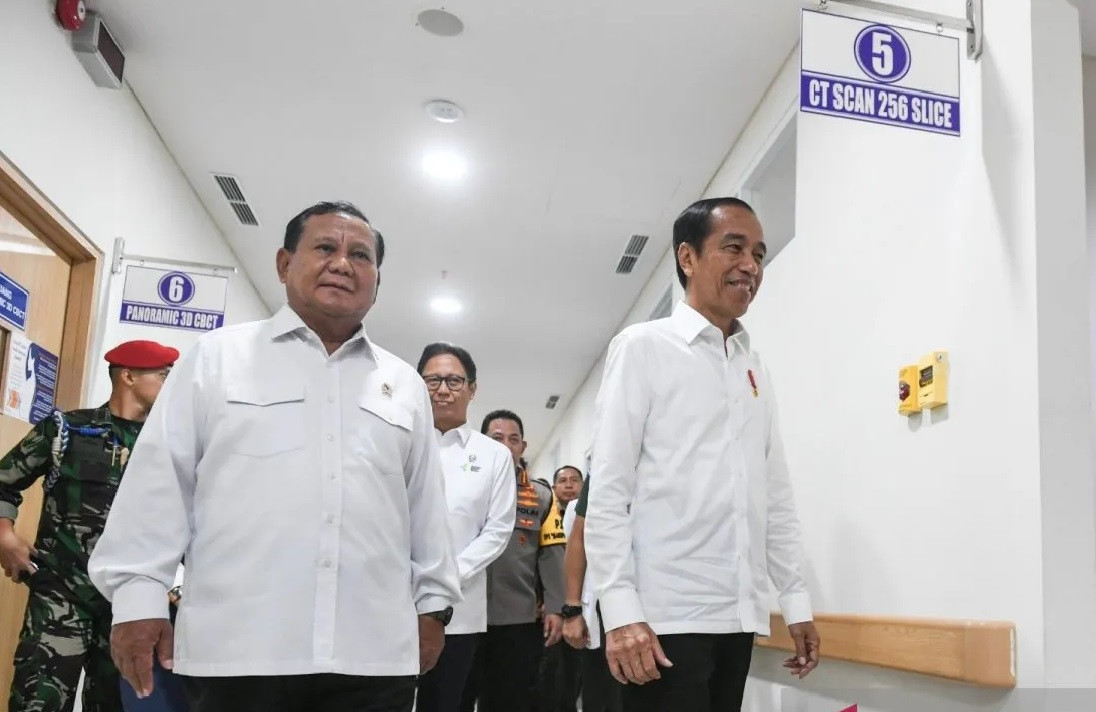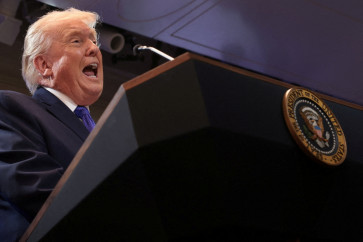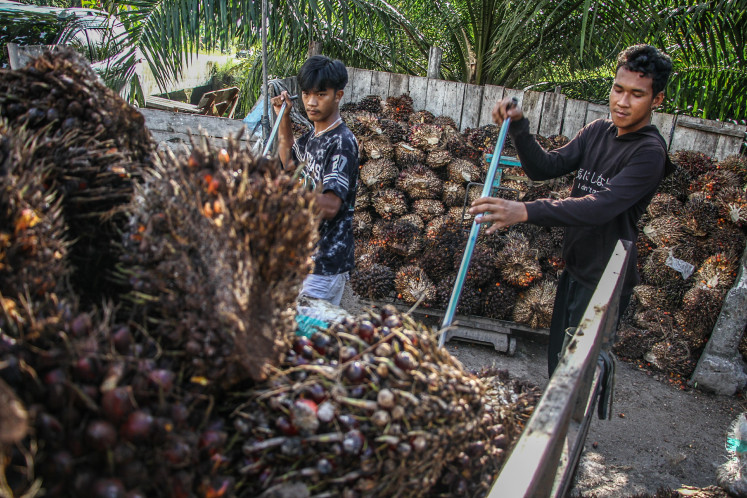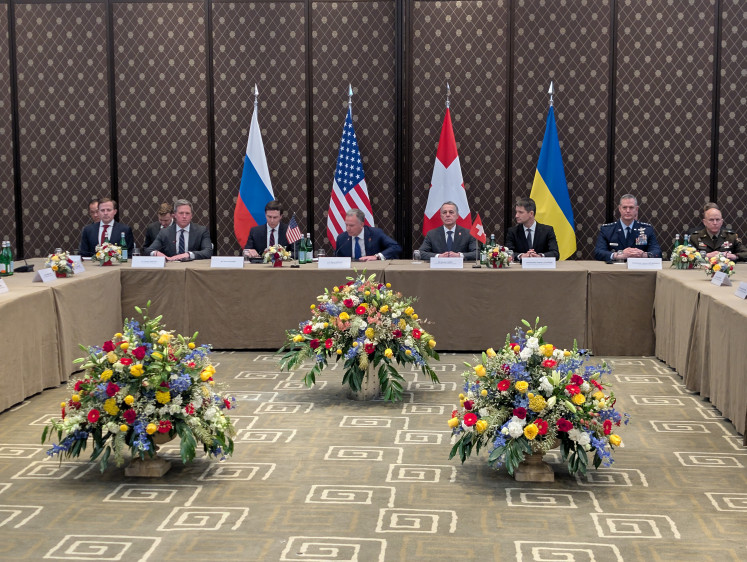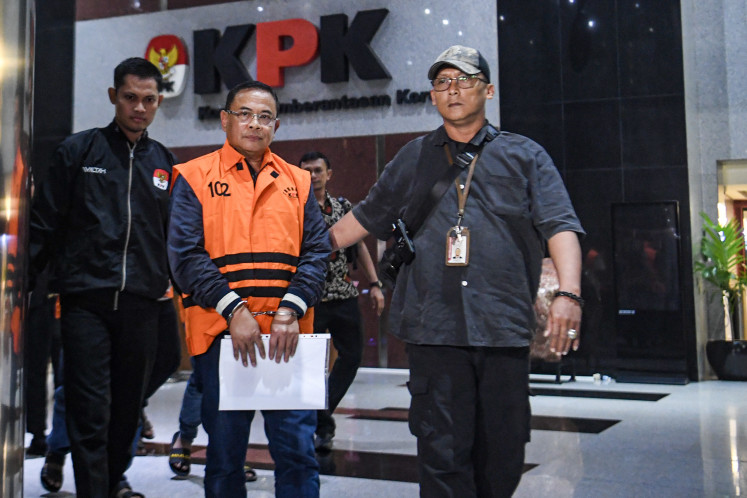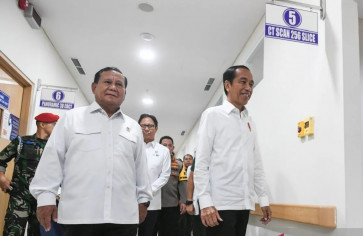Popular Reads
Top Results
Can't find what you're looking for?
View all search resultsPopular Reads
Top Results
Can't find what you're looking for?
View all search resultsThe ‘Hunger Games’ election and intergenerational trauma
But what has puzzled me and many others was Jokowi’s metamorphosis from a down-to-earth reformist president to a “Little Soeharto”.
Change text size
Gift Premium Articles
to Anyone

Days before the Feb 14 election, I already felt extremely tense and anxious about the prospect of presidential candidate No. 2 Prabowo Subianto and his running mate Gibran Rakabuming Raka winning. Early this month, a survey conducted by Indikator Politik Indonesia projected that the former general and the 36-year-old incumbent President’s son would win over 50 percent of the vote in a single round of voting.
On Feb. 14, when in the afternoon this became a reality, indeed, a nightmare, I sank into a deep depression. I shared my feelings with a few friends, including a Western European ambassador who blithely responded, “Don’t be sad. It’s democracy”.
Given the rawness of my emotions, that was all the trigger I needed. “Your comment is masculinist-patriarchal, condescending-patronizing, superficial-simplistic and indicates you don't have much knowledge about Indonesian democracy, even after almost X years here!”, I lashed out at him on WhatsApp.
Perhaps I was a bit harsh – sorry Mr. Ambassador! – maybe I should have been more diplomatic.
At the same time, I think my reaction was understandable. I lived for 32 years under the authoritarian New Order (1966-1998), and 25 years in the Reform Era (1998-). The fact that all the struggle and blood-sweat-and-tears sacrifices that I and so many others have made to democratize Indonesia, were knocked down like a house of cards, was devastating. Serving Indonesia had always been my raison d être, and to have my efforts, idealism and hopes, trivialized this way, instantly brought out my fangs.
The media has been replete with analysis about why a Prabowo presidency could mean a serious setback for Indonesian democracy, which has already been in decline for a while under Joko “Jokowi” Widodo (and even before). In the case of Prabowo, it is not just about his past human rights record, but also his vision for Indonesia’s future, a neo-New Order of Soeharto – his former father-in-law. Jokowi has already become an embodiment of Soeharto’s developmentalism, especially in his second term (2019-2024), and Prabowo promised its continuity.

Not that I felt the other two candidates were worthy of my support either. Anies Baswedan could spell the increased politicization of Islam, with conservative Islam at the forefront. While Ganjar Pranowo states in his vision-mission statement that he will save the environment, in the past he defended capital.

